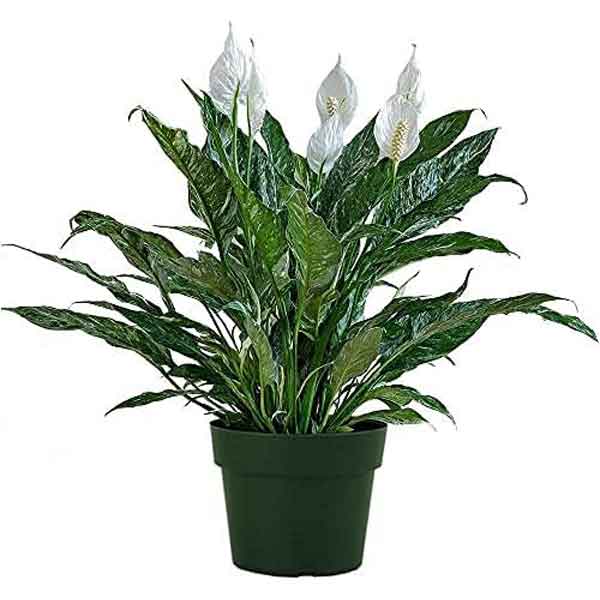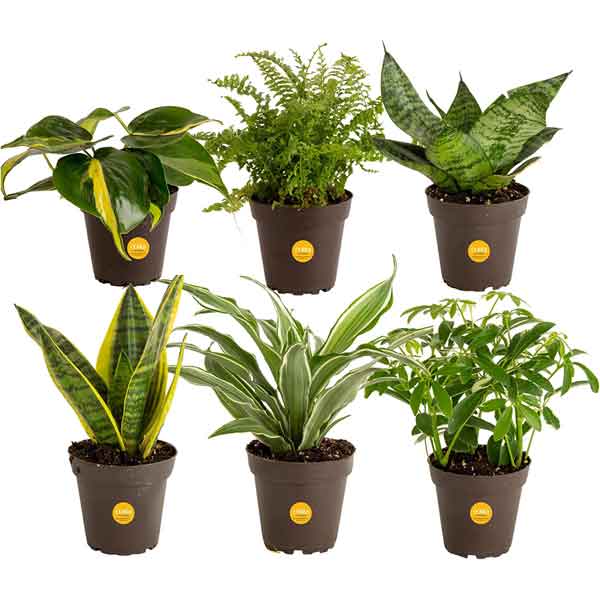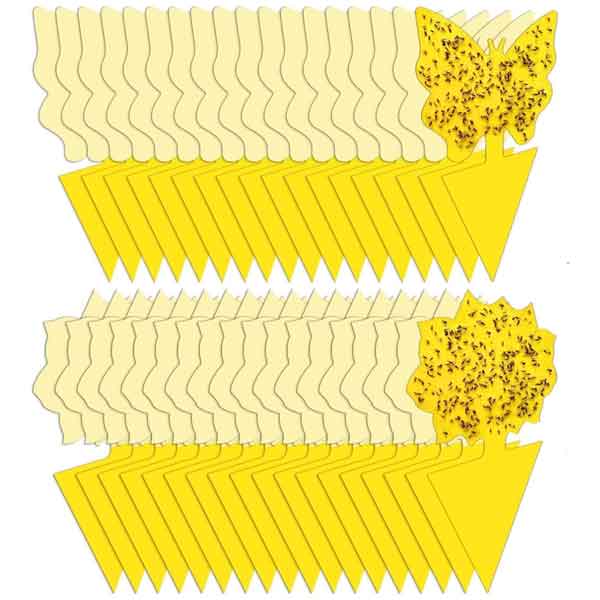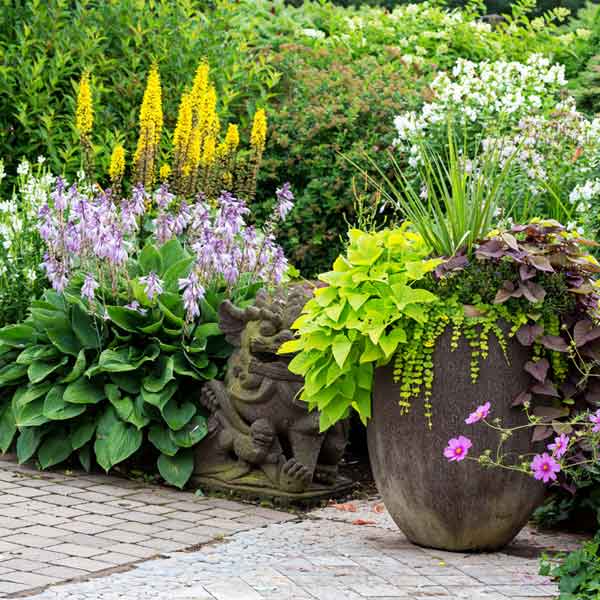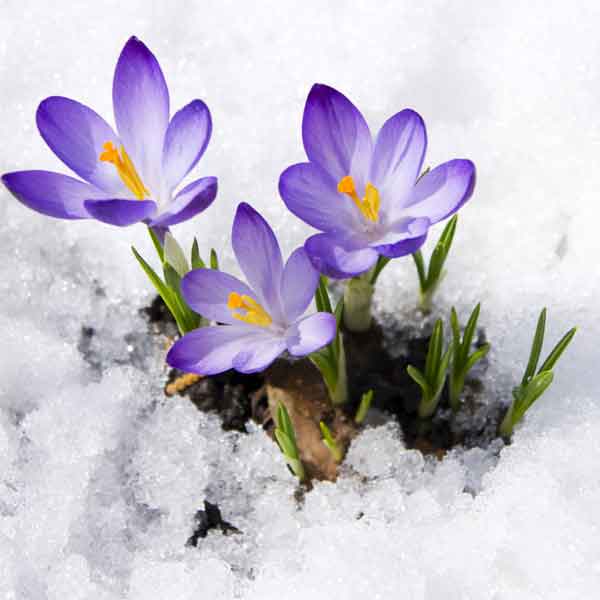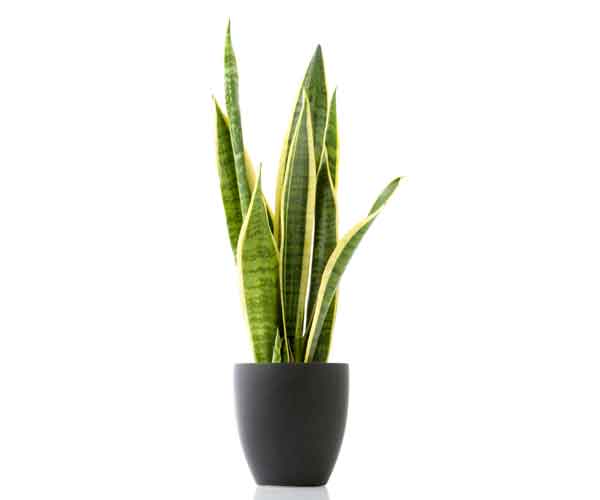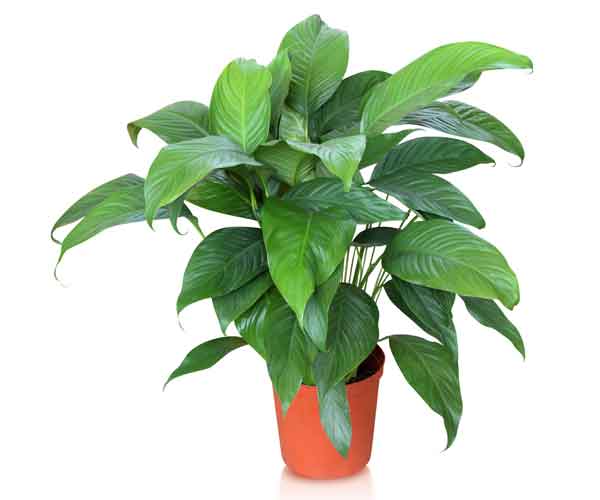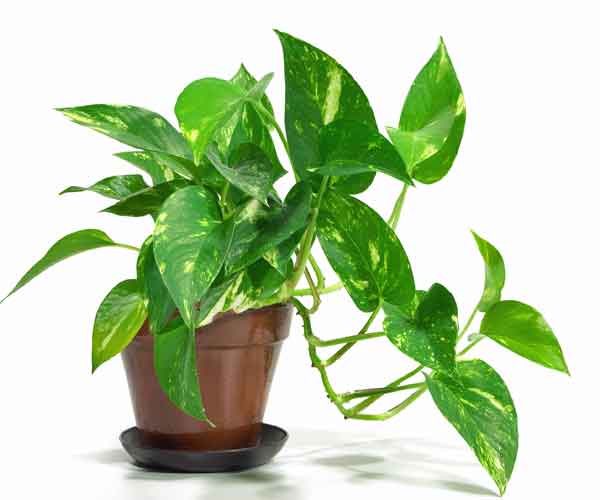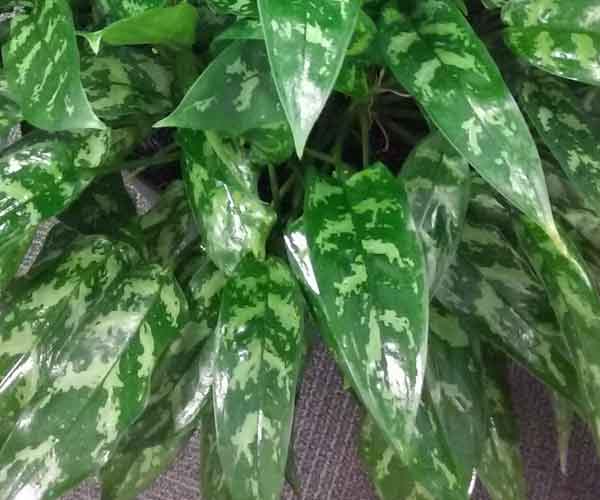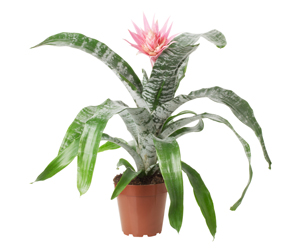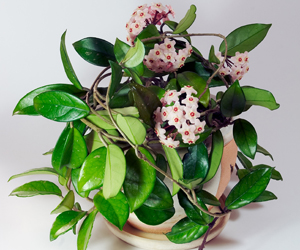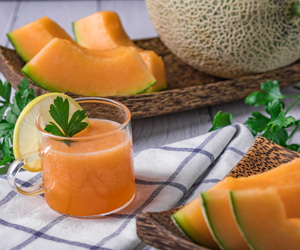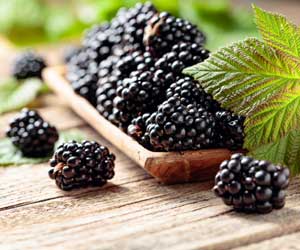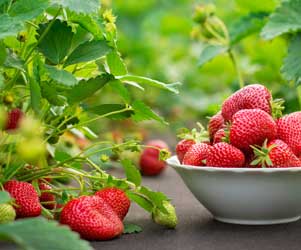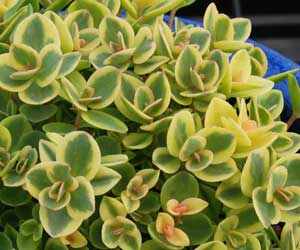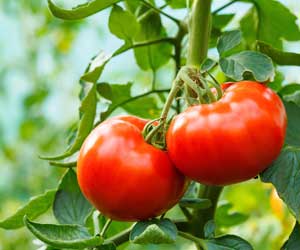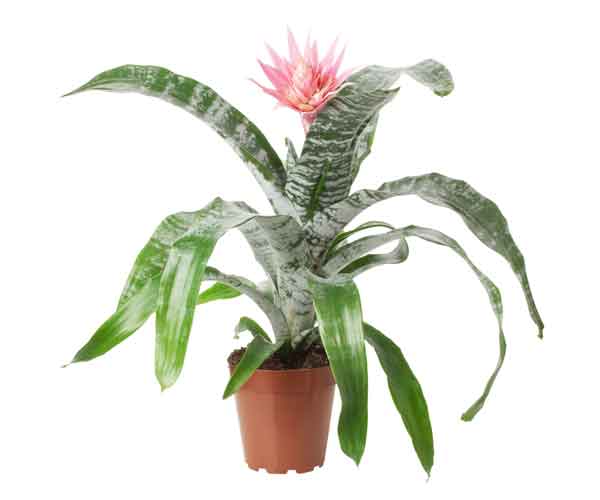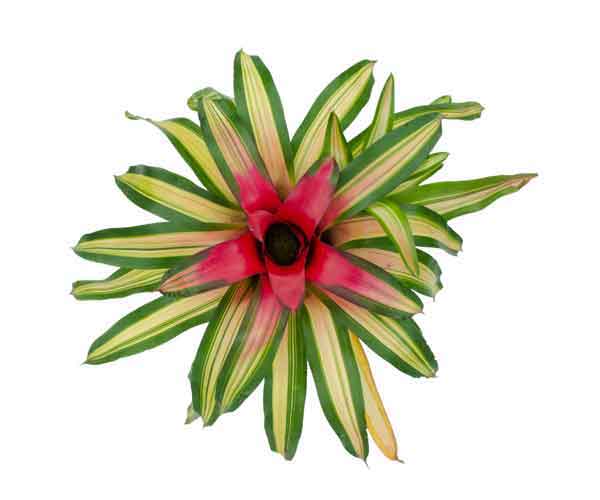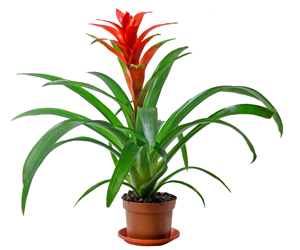Lighting Indoor Plants
Bromeliads
Light plays an essential part in the health and growth of your Bromeliad plant and all of your indoor plants. You have control over the amount and frequency of watering for your bromeliads. You also have some control over the other elements of your tropical house plants care, including adequate lighting, proper temperatures, relative humidity and, to some extent, air quality. Bromeliad plants require bright light to maintain the flower for as long as possible.
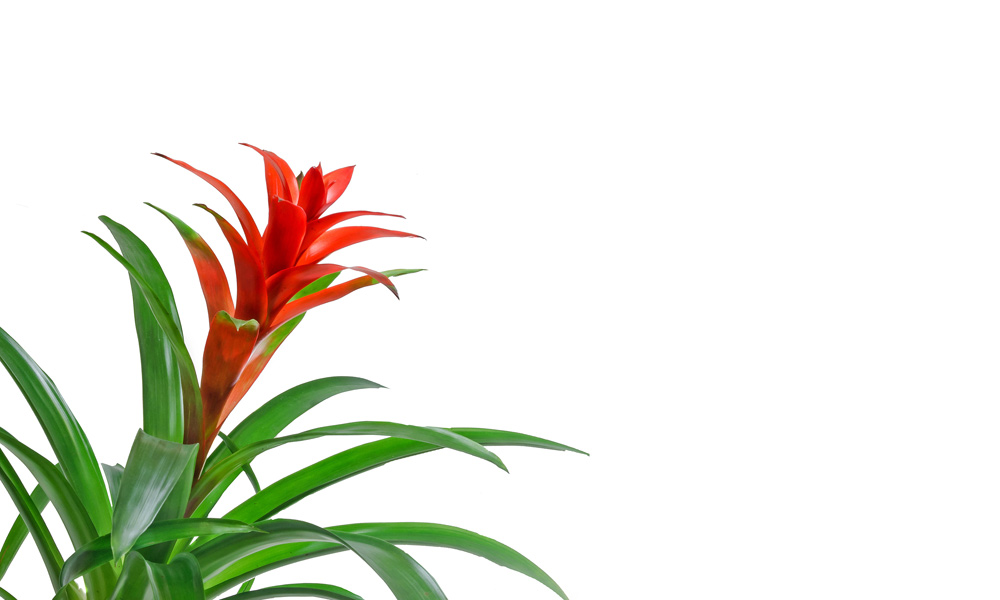
Bromeliads and Lighting
It would be wonderful to be able to keep and maintain your tropical bromeliad plants in a well lit greenhouse where you have control over the light your potted bromeliad plants receive. It is easy to provide the correct lighting in a greenhouse for optimal growth.
Most of us do not have this option and have to make use of artificial lighting or make the best of our homes natural lighting. Even then, in some situations, you may not be able to provide the optimal amount of light for your bromeliad plants. See greenhouses you can buy or purchase artificial lighting.
Good lighting is essential for a plant's health. Photosynthesis cannot take place without a certain amount of light. Lower light means slower growth, less water and a reduced need for nutrients. When placed in a situation where the lighting is less than optimal, your indoor plants will not thrive, becoming thinner over time.
If you have large windows, skylights or a sunroom, it will be much easier to keep your house plants in a good light situation. However, when keeping tropical plants inside your home, it is often not possible to give them the optimal lighting that they need. If a compromise must be made, most plants will adapt to lower light situations though they will not be as full, lush and healthy in the long term with reduced light levels.
Ads By Google
There are three elements to consider regarding the light that your house plants receive. These are the light quality, the duration of the light and the intensity of the light. Without the proper amount of light, indoor house plants can not thrive and grow.
Lighting for Bromeliads
Light Quality
Light quality refers to the light waves coming from the light source. The sun will provide the full spectrum of light waves that plants require and for that reason is preferable to artificial lighting sources. Artificial light can be used and the most often used substitute for natural light is fluorescent lighting or special full spectrum lights.
Lighting for Bromeliads
Light Duration
The duration of light is just as it sounds, the number of hours of light a plant receives per day. The day length, or photo period, regulates photosynthesis and other plant functions. Generally, the hours of light per day, or light duration, should be somewhere between 8 to 16 hours for most indoor houseplants.
Lighting for Bromeliads
Light Intensity
The light intensity is its brightness and is often measured in foot-candles. If you have a light meter you can measure this and if not, it may be helpful to know that the average indoor light intensity can vary from 15-500 foot-candles. Most house plants are going to do okay somewhere between 75 and 250 foot-candles. Flowering house plants are generally going to need to be at the higher end of that range.
Home Garden Plants Flowers
Amazon Affiliate Links - May Earn Commission - Thanks!
Placing your bromeliad plants as close to a natural source of light as possible without exposing them to hot, direct sunlight is preferable. If necessary, you can group them together near a window, under a skylight or in a sunroom out of any direct hot sunlight.
Many office buildings have fluorescent lighting only and most bromeliad plants can be maintained under artificial light for quite some time. There are other types of artificial lighting and the cost of those types of light sources has become quite affordable. Natural light from the sun is a great way to help insure that your houseplants are healthy and thriving but supplement with artificial light if needed.
Indoor plants vary in the amount of light they require. Plants that grow more slowly tend to tolerate lower levels of light. The more light a plant receives, the faster it grows and water and nutrient usage increase accordingly. While most house plants do quite well without any direct sun, placing them close to a good, natural or artificial light source will be quite beneficial for them. Hope this has helped you to understand the importance of good lighting for your bromeliad plants and all of your indoor plants and flowers. More indoor plant information below.
Ads By Google
Plants & Flowers
Easy House Plants
Home Gardening
Bromeliad House Plants
Social Media Pages
Plants Flowers
on Twitter
Tweets by plantcare2
PFI Facebook Page
Home and Garden
Houseplant Care Question?
Questions about your indoor house plants or plant care problems? You can send a house plant question, free of charge, no sign ups, registration or log in required!
Before you send a houseplant care question, please be sure to read this information on watering your indoor house plants, how to help keep your your indoor house plants root system healthy and lighting for your indoor house plants and flowers. These are most important for the health of your house plants and this is some of the information I will refer you to if you send an indoor house plant or flower care question.
You can post comments, find answers to plant care questions, or share some of your own plant wisdom on our plant care Facebook Page, Twitter page or visit my plant care blog. You can also find plant pictures, gardening ideas, and more at our plant and flower Pinterest page.
Thanks for visiting and come back soon as houseplant care information, pictures and more are being added all of the time. I hope that your indoor tropical house plants and all of your plants and flowers are happy, green and growing because that is why I started this indoor house plant and flower care website, PlantAndFlowerInfo.com.
Common House Plants Flowers Care Guide
Indoor Plants Pictures Names ⚘ Best Indoor Plants ⚘ Adiantum Fern Care ⚘ Aechmea Bromeliad Plant ⚘ Aglaonema Plant Care ⚘ Aglaonema Maria Plant Care ⚘ Aglaonema Silver Queen Plant Care ⚘ Aglaonema Silver Bay Plant Care ⚘ Anthurium Plants ⚘ Aphelandra Plant ⚘ Arboricola Plant Care ⚘ Aspidistra Plant Care ⚘ Asplenium Nidus Plant Care ⚘ Basic Houseplant Care ⚘ Birds Nest Ferns Plant Care ⚘ Boston Ferns Plant Care ⚘ Botanical Calendars ⚘ Bromeliad Plants ⚘ Build A Greenhouse ⚘ Buy Greenhouse ⚘ Buy House Plants ⚘ Cast Iron Plant ⚘ Chinese Evergreen Plant Care ⚘ Chlorophytum Plant Care ⚘ Codiaeum Houseplant Care ⚘ Corn Plant Care ⚘ Croton Plant Care ⚘ Devil's Ivy Plants & Care ⚘ Dieffenbachia Plant Care ⚘ Dracaena House Plant Care ⚘ Dracaena Janet Craig Plant Care ⚘ Dracaena Marginata Plant Care ⚘ Dracaena Warneckii Plant Care ⚘ Dumb Cane Plant ⚘ English Ivy Hedera ⚘ Ferns Plant Care ⚘ Ficus Trees Plants ⚘ Fittonia Plant Care ⚘ Flower Calendars ⚘ Heart Leaf Philodendron ⚘ Hedera English Ivy ⚘ How to Care for Marble Queen Pothos ⚘ Hoya House Plants ⚘ Lady Palm Plant ⚘ Lucky Bamboo House Plant Care ⚘ Maidenhair Ferns ⚘ Marble Queen Pothos ⚘ Marginata ⚘ Money Tree Plant Care ⚘ Mother In Law Tongue Plant Care ⚘ Names Pictures of Plants ⚘ Nephthytis ⚘ Norfolk Island Pine ⚘ Orchid Flowers ⚘ Palm Plants ⚘ Peace Lily Care ⚘ Philodendron "Brasil" Plant Care ⚘ Philodendron Cordatum ⚘ Philodendron Silver Care ⚘ Plant Calendars ⚘ Poinsettia Plant Flower Care ⚘ Pothos Plant Care ⚘ Rhapis Palm Plant Care ⚘ Sansevieria Plant Care ⚘ Schefflera Plant Care ⚘ Self-Watering Planters ⚘ Care of Silver Bay Plant ⚘ Snake Plant Care ⚘ Spathiphyllum Care ⚘ Spider Plant Care ⚘ Care of Syngonium Plant ⚘ Succulent Plant Care ⚘ Warneckii Plant Care ⚘ Weeping Fig Tree ⚘ Zebra Plant ⚘ ZZ Plant House Plant Care ⚘ Plant Links
Other Plant Flower Links
Best Indoor Plants ⚘ Indoor House Plants Pictures Names ⚘ Water Indoor Plants ⚘ Lighting Indoor Plants ⚘ Bonsai Plants ⚘ Common House Plants ⚘ Indoor Palm Plant Care ⚘ Orchids ⚘ Pets & Plants ⚘ Buy Tropical Orchids Orchid Care ⚘ Plant Flower Gifts ⚘ Buy Plants Flowers ⚘ House Plant Guide ⚘ How To Books ⚘ Flowers Plants Poster Prints ⚘ Orchid Art & Posters ⚘ Gardening Calendars ⚘ Greenhouse Books-Gardening
